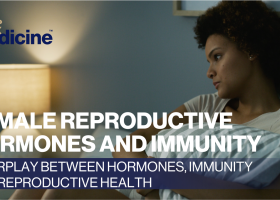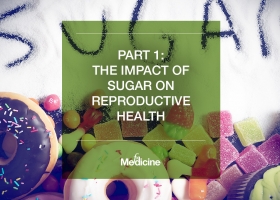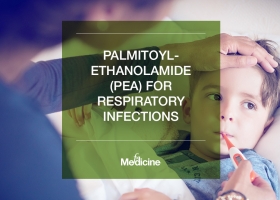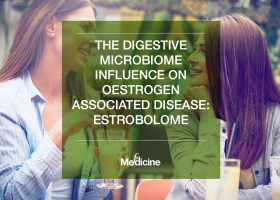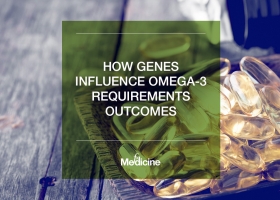Effective management of female reproductive health requires assessment of the bidirectional relationship between steroid hormones and immune system
The Bi-directional Relationship Between Immunity and Stress by Lisa Costa Bir
When reviewing the potential impact of sugar intake on female reproductive health, factors to be considered include the various body systems, organs and tissues involved in (either or both) glucose metabolism and reproductive function, and the bidirectional functional relationships between many of them (covered in Part 1). Following on from these interconnections, how sugar can impact these body systems, organs and tissues, both individually and via their functional interconnection, and the clinical relevance of these effects also needs to be considered. This will be covered in Part 2.
Herbal medicine can affect the immune system in a variety of ways. Here, we explore a couple of ways herbal medicine can support the immune system.
Paying attention to diet and a health gut microbiome is often overlooked in addressing mental health and yet, evidence shows these aspects are crucial....
A review published in 2013 examined the potential for PEA in being deployed for influenza, the common cold and other respiratory infections. The results cited in this review offer an interesting viewpoint for the potential of PEA in cold and flu season.
The role of bacteria within the human body is increasingly being shown to have a diverse range of effects on health and disease. A relatively new microbiome concept, within the body, is that of the estrobolome. This is the congregation of bacterial genetic enzyme expression, which influences oestrogen kinetics[1] and is responsible for metabolising oestrogen.
In the age of nutrigenomics, further evidence is coming to light that suggests a greater need for omega-3 supplementation in individuals with certain single nucleotide polymorphisms (SNPs), as revealed in DNA testing.

